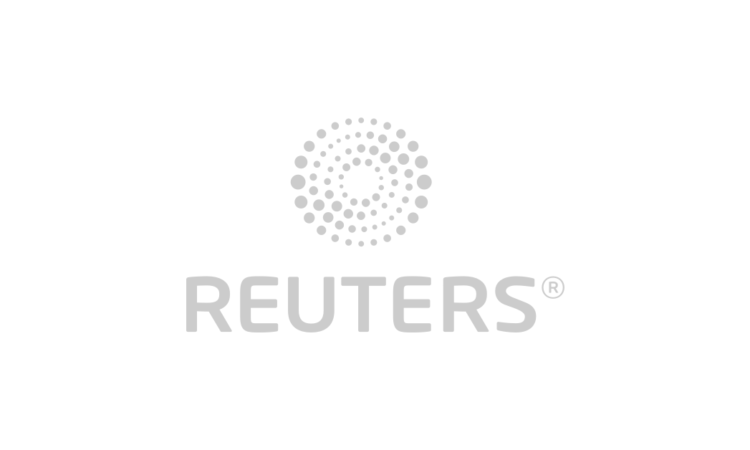
VILNIUS, March 9 (Reuters) – Lithuania’s finance minister proposed on Thursday a temporary windfall tax on bank profits, aiming to raise an estimated 510 million euros ($538.7 million) over a two-year period.
Banking profits in the Baltic nation have risen sharply on the back of higher interest rates to combat soaring inflation, as most outstanding mortgage loans are linked to the rates.
If approved by parliament, the proceeds from the extra levies on 2023 and 2024 bank income would be used for defence spending, Finance Minister Gintare Skaiste said at a news conference.
“In large part, the policy of banks has no influence on the profits, they are due to exceptional circumstances, and are probably surprising to banks themselves,” Skaiste said.
The government’s proposal would impose a two-year tax of 60% on the part of a bank’s interest income that is more than 50% higher than a four-year average, Skaiste said.
Two Swedish-owned groups hold more than half of Lithuania’s banking assets, Swedbank (SWEDa.ST), whose 2022 profits increased by 64% to 148 million euros, and SEB (SEBa.ST), whose profits were up 49% to 172 million euros.
Latest Updates
View 2 more stories
Both SEB and Swedbank would be affected by the tax, Lithuanian central bank Governor Gediminas Simkus said.
SEB, Swedbank and the Lithuanian Banking Association which unites most of the country’s banks declined to comment.
The proceeds from the windfall tax would be used to improve military mobility, Skaiste said, such as improving roads and expanding airports, so that reinforcements into the NATO frontline country bordering both Russia and its ally Belarus could arrive faster.
Banks in Lithuania could earn a combined profit of 1 billion euros in both 2023 and 2024, more than three times the level of recent years, according to Skaiste.
($1 = 0.9467 euro)
Reporting by Andrius Sytas in Vilnius; Writing by Terje Solsvik; Editing by Gwladys Fouche and Shounak Dasgupta, Kirsten Donovan
Our Standards: The Thomson Reuters Trust Principles.





